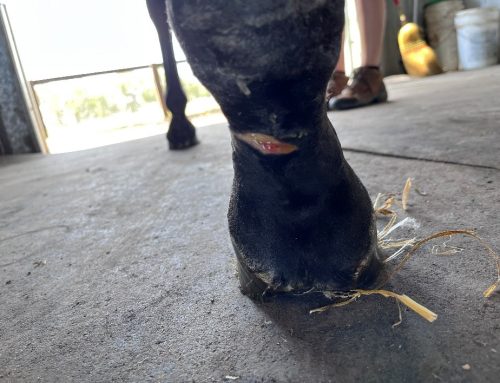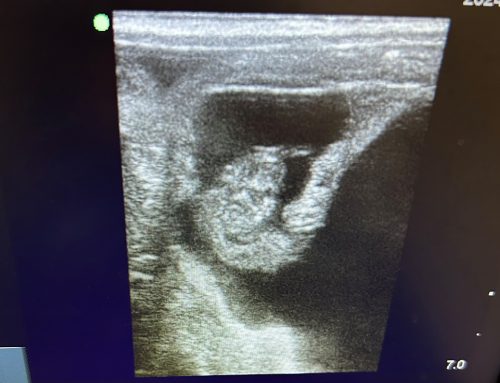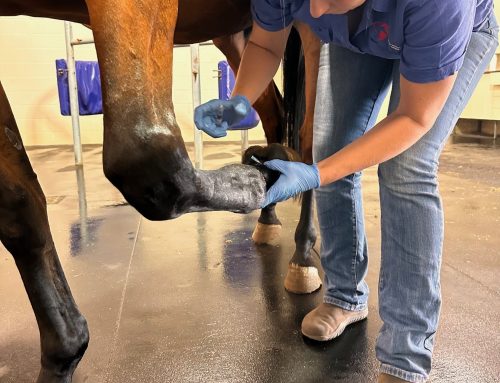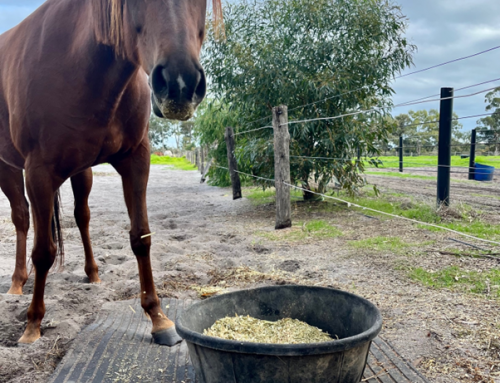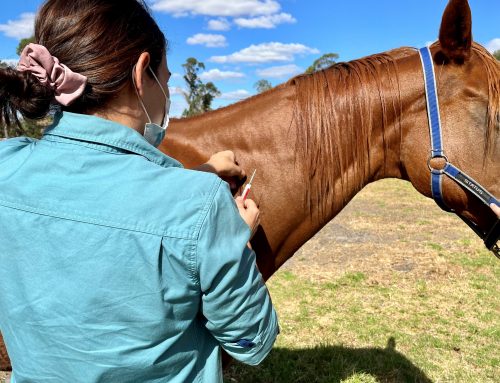by Dr Tom Burke Bsc DVM
Oral examination and odontoplasty (floating) of all horses is an important part of managing equine patients, it not only can help to resolve painful and debilitating dental disease but can also increases feed efficiency and improve performance of equine athletes.
Between the ages of 2 and 5 the horse will shed 24 deciduous (baby teeth), which are replaced by adult teeth. In this time some horses may experience pain or discomfort when being ridden or when feeding. Although most deciduous teeth are shed uneventful it is not uncommon to see problems associated with this process, including failure to lose the deciduous remnant commonly referred to as “caps”.
Retained caps can cause a number of problems including trapping food near the gum line. This trapped food can lead to gingivitis/periodontal disease. This condition is exceptionally painful for horses, however in young horses if diagnosed and treated appropriately is mostly reversible. Routine checks by an equine veterinary professional can allow for early interventions and improved dental health for the rest of the horse’s life.
It is recommended that juvenile horses have routine oral assessment an odontoplasty (floating) for every 6 months from 12 months of age up until they turn 5 years of age. Younger horses have a greater tendency to develop sharp enamel points and intervention at a young age can help set horses up for less dental disease later in life.
Dental disease is a debilitating and painful condition in the horse and a lot of equine dental issue seen in middle aged and older horses could help be prevented with more frequent and routine dental care in a horse’s younger years.
Recommendations for routine dental examinations in young horses :
Foals- initially when born, as part of neonatal exam, identify possible conformation abnormalities including parrot mouth.
If no underlying issues are detected at the foal examination and the horse is having no issues with weight gain, then the we recommend the first routine examination at 12- 18 months


